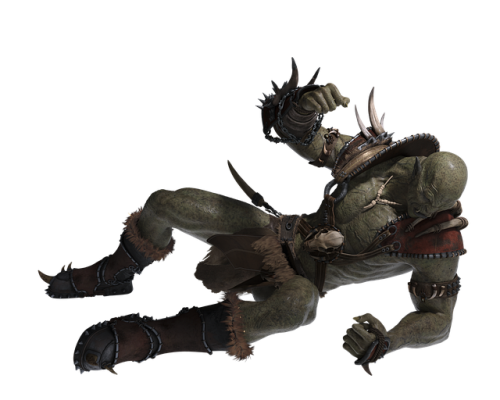
Unearthing Indian Folklore: The Journey of Ogre Head Studio into Enchanting Worlds
We speak with founder Zain Fahadh about the hurdles of financing an indie studio and the inspirations driving Ogre Head’s games.
After the triumph of its initial title, Asura, Ogre Head Studio is actively working on its next roguelike: a deckbuilding game named Yodha.
GamesIndustry.biz recently engaged with the studio’s founder, Zain Fahadh, discussing the origins of the studio and the significance of creating games for all individuals that are deeply rooted in Indian culture and mythology.
Fahadh began his career as a 3D artist, contributing to an outsourcing studio where he crafted characters for AAA games. After five years of seeking an opportunity to develop for PC and console platforms, he decided to establish his own studio.
“We launched Ogre Head Studio with the vision of creating PC and console games by drawing inspiration from local folklore and traditions,” he shares.
As an independent developer, Fahadh mentions that Ogre Head has not received any outside financing or support from investors. Initially, he personally invested $2,000 of his savings into the studio.
“We exhausted that within six months,” he explains. “With the remaining funds, we traveled to Dubai to present the prototype for Asura, and that’s where we gained considerable momentum for the game.”
Released in 2017, Asura is an action roguelike featuring a procedurally generated skill tree, ensuring that no two playthroughs are alike.
“The current Indian culture is incredibly vibrant – there are numerous stories waiting to be told.”
“Thanks to Asura, people started approaching us for assistance with their games,” he states. “We leveraged Asura as a means to grow our additional ventures.”
In addition to developing their own titles, Ogre Head provides outsourcing and consulting services to companies such as Warner Brothers and Paramount. The studio creates “complete games” for partners who take charge of localization and marketing.
“This approach allowed us to financially support the studio by consulting with other game developers and firms,” Fahadh adds. “We earned from that, which we then funneled into Asura, and as Asura sold successfully, it generated income as well.”
While promoting the game at various events, including BitSummit in Japan, Fahadh recounts how industry professionals responded to the game, often questioning why the studio did not pursue casual mobile games “since that was where the profits were [at that point].”
“We firmly stated, ‘No, we’re not interested in that. This is what we are passionate about,'” he recalls.
With one game launched, another in development, and offering outsourcing and consulting to larger corporations, Ogre Head has a lot on its plate for its six-member team. So, how does the studio manage these three areas?
“There is a significant amount of downtime involved. For instance, with Yodha, there’s considerable R&D that we are undertaking on the technical level. There are periods when we have openings to accommodate for another game. We plan, and I have 14 years of experience in this field.
“We’re not creating the next GTA 6 or games of that level. Our titles are more akin to AA games, and we do white label projects so we cannot disclose what we’re currently developing. But that’s how we maintain balance.”
When examining Ogre Head’s portfolio, Asura and Yodha are two distinct games heavily inspired by Indian folklore – a realm that is not as widely explored in gaming compared to European and Western mythologies.
Fahadh is hopeful that this trend may shift in the coming years.
